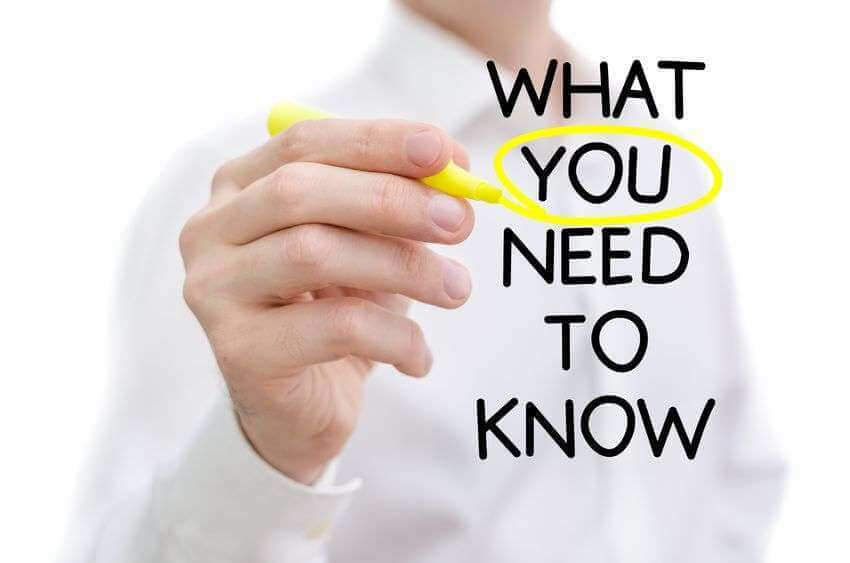
Essential guide for Canadian exhibitors: Navigating the US exhibitions successfully
Going to a trade show in the United States requires a lot of preparation. Do you want to travel hundreds or thousands of miles from Canada to New York City or Los Angeles or Chicago or Miami to exhibit your company’s products and services and upon arriving at the trade show learn that your display violates all sorts of trade show industry rules and regulations?
Of course, you don’t. You also don’t want to spend hours and hours reading lots of different documents such as a trade show’s prospectus, a booth-space rental contract, and an exhibitor services manual. The sheer number of regulations might require you to eventually do that, but before you do that it might be beneficial to get an idea of the most important rules and regulations you should be aware of. This article mentions several.
You also might be interested in recommendations that will help your company maximize the chances that its trade show in the USA will succeed. Here is a list of some of them.
Scout Trade Shows:
Going to numerous trade shows as an attendee could help you decide which trade shows to go to as an exhibitor. Attending 12 trade shows so you can select the best three might be a better investment than selecting three trade shows sight unseen. As an attendee, you can gauge how well you can compete against other exhibitors, learn more about your industry, and estimate the potential sales and revenues from trade show guests. In addition, this article in The New York Times entitled “Effective Trade Show Planning” recommends consulting trade show directories such as “The Tradeshow & Convention Guide” and “The Tradeshow Week Data Book.”
Book Your Reservation ASAP:
The “Play by the Rules” article points out that American trade show managers try to make sure that there is no “outboarding” at their shows. Outboarders are companies that haven’t paid for exhibition space, but seek to hold exhibits nearby, often at hotels. Trade show managers seek to limit outboarders by reserving meeting space for their exhibitors at nearby hotels. This means that non-exhibitors might be prevented from renting meeting space. Your company can ensure its space at the trade show AND the hotel by reserving a spot at the trade show ASAP.
Seek Variances:
“Variance” is a widely-used term in the United States. If a city has a rule that no fence in a backyard can be higher than 10 feet, a homeowner who wants to build a 12-foot-high fence can seek an exemption from city law called a variance. Similarly, trade show exhibitors can seek a variance from trade show regulations. U.S. trade shows often technically prohibit marketing a product outside the booth a company has rented, limit the height of an exhibit, and limit the decibel level of the music played inside the booth. Cities often grant variances. Trade shows can too.
Befriend Staffs And Exhibitors:
Being nice can help you get variances that will improve your exhibit. For example, U.S. trade shows often have line-of-sight rules to prevent one exhibit from interfering with another. The rules can limit the size and position of items in an exhibit. Your neighbor, though, might not mind if you break the rules and get a variance that will help your exhibit. In addition, the Entrepreneur magazine article “7 Ways to Get the Most Out of Exhibiting at a Trade Show” points out that trade show organizers can give you tips on getting publicity and luring more customers to your booth.
Lure Customers With Food And Music:
Food and music make customers happy so give it to them — without violating rules. U.S. trade shows often prohibit companies from distributing food and beverages unless they make a deal with the show’s food and beverage vendor. The bottom line is that paying the vendor a fee might be a worthwhile investment. Similarly, trade shows often prohibit the playing of copyrighted music. The “Play by the Rules” article points out, though, that you can play royalty-free music and suggests contacting websites such aswww.stockmusic.net to find non-copyrighted music.
Beware Of Labor Laws:
The USA has 50 states. Each state has different labor laws. Trade shows rules and regulations often have to comply with state laws on using union labor. That means you often have to use union labor at trade shows. However, you can use your own labor crew rather than the trade show’s union labor general contractor.
Knowing the rules and regulations of U.S. trade shows can help you put together a trade show exhibit that is simultaneously inviting to customers and pleasing to the trade show organizers. This brings us to our final point about U.S. trade shows rules — you can rent your exhibit rather than dealing with the costly and bureaucratic hassle of shipping an exhibit across the U.S.-Canada border and then another few hundred or thousand miles.
Fortunately, Exponents can provide trade show exhibitors custom-designed trade show booths. As you can see from its website, Exponents offers customers custom booths, rental booths, portable booths, and modular booths.
Do you want a booth with lots of furniture? Lots of display cases? Lots of room for you and your prospective customers to walk? Exponents custom designs trade show booths to serve a customer’s needs. Each booth it designs is different.
For more information, you can access the Exponents’ website or phone 1-800-451-4723.
